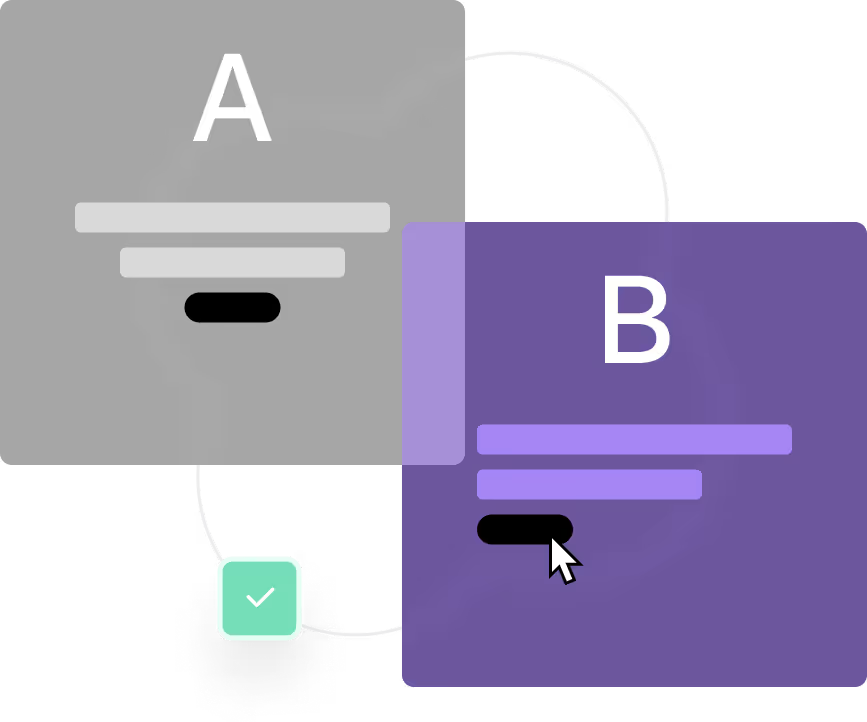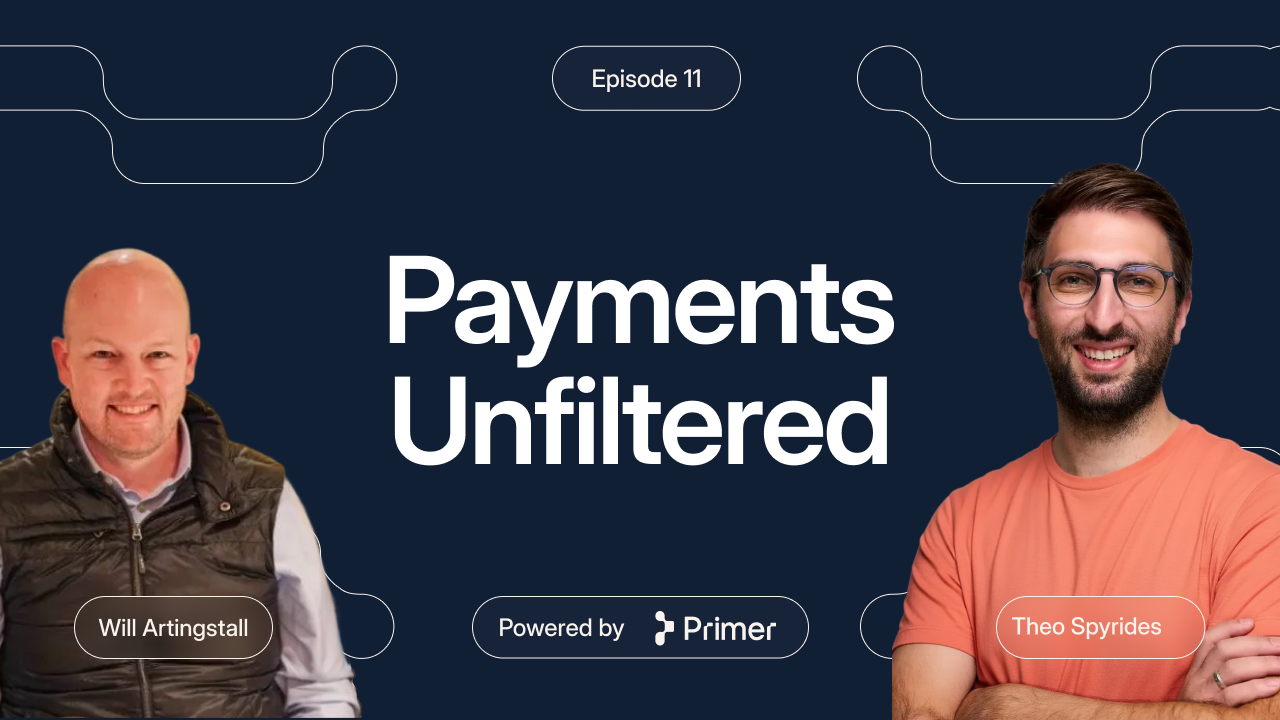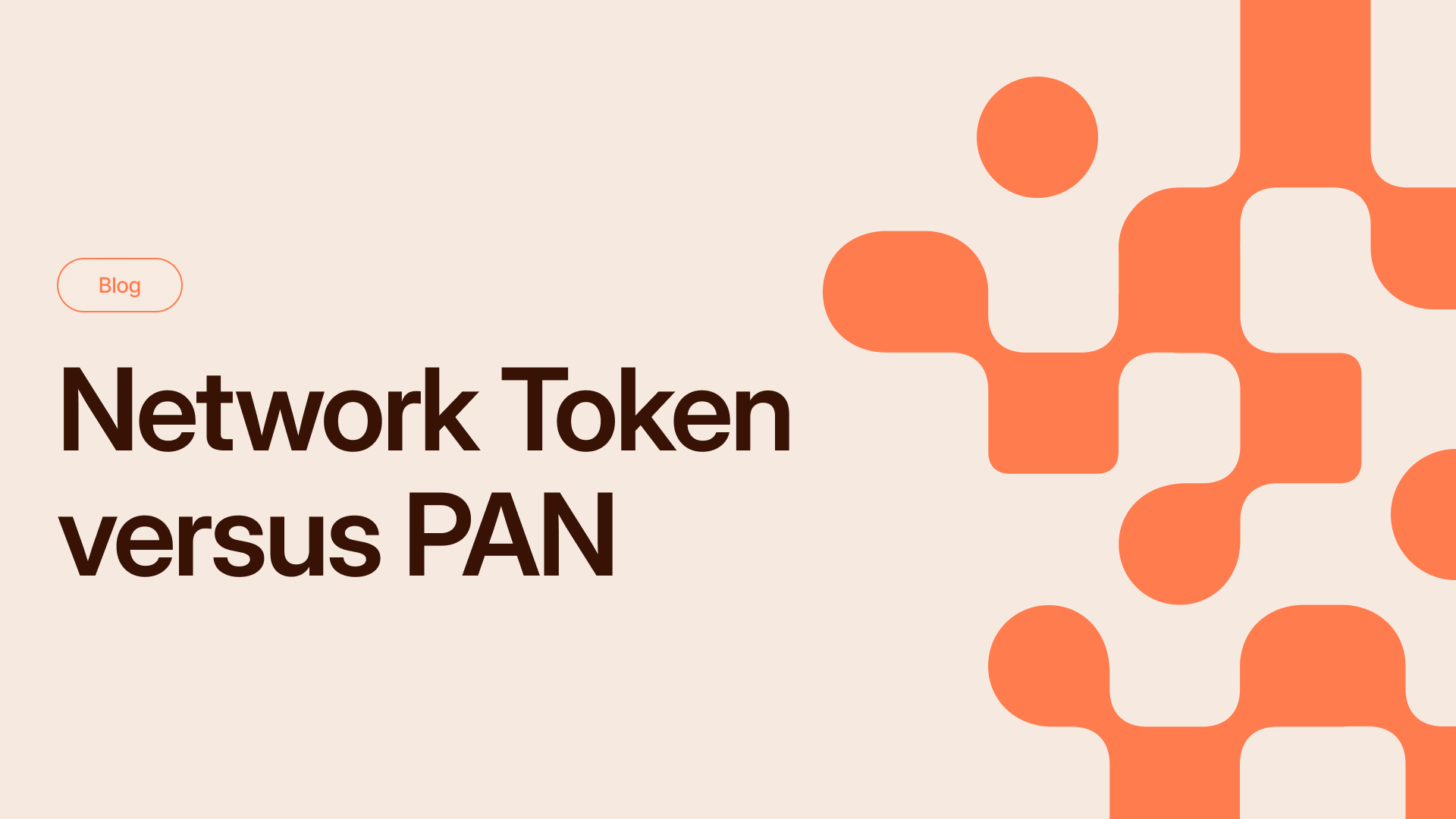When you visit the homepage of any payment service provider, you’ll inevitably see the word ‘flexible.’ And it's no wonder—merchants crave flexibility in building and managing their payment stacks.
But here's the catch: what merchants mean by ‘flexible’ often differs from what providers offer.
To merchants, flexibility means customizing solutions for each unique use case with the best options available. Providers, however, view flexibility as toggling services within their ecosystem.
See the disconnect? Merchants want to curate their payment stacks, not rely on one-size-fits-all solutions.
I’ve seen this disconnect up close. At PayPal, I worked with mid-market and large enterprise merchants, and not a single one wanted to rely solely on PayPal—or any other PSP—for everything.
As a salesperson, it was frustrating. But I understood their stance. These businesses didn’t want to compromise, and why should they? Payments are too important.
That principle led my co-founder and me to leave PayPal and start Primer, and it has guided us in building the world’s first Unified Payments Infrastructure. Here’s a snapshot of how we’ve done this.
Integrating the world’s leading payment services
Let's start with the obvious: We've forged connections with over 100+ payment services, including the world's leading payment methods, PSPs, and fraud prevention providers. We’re continually adding new integrations that align with our merchants' strategic priorities.
But it’s not only a numbers game. It’s about the quality of those integrations. That’s led us to develop a proprietary integration framework that simplifies, secures, and scales through abstraction and consistent interfaces. These interfaces seamlessly map Primer’s data types to third-party systems and back again.
This framework allows us to integrate with any third party in a standardized way, handle various edge cases, and offer merchants a unified, consistent experience no matter which services they use through Primer.
It abstracts the complexity of managing multiple payment integrations, providing a uniform experience across all payment flows. Merchants don’t need to learn the intricacies of each processor—they simply use the Primer standard for all their payment needs.
.gif)
We never built a walled garden
Our library of pre-built applications meets about 95% of our customers' needs. But there are always outliers—internal tools they’ve built or niche services we haven’t yet integrated with.
But we don't believe in forcing merchants to abandon these systems. These tools are often critical to their operations, and our philosophy is to provide open infrastructure.
That's why we've created a tool that allows any business to call any service from a Primer Workflow. This powerful feature enables countless unique use cases. For instance, some customers use it to call their internal fraud engines before confirming authorization. While the French retailer Maisons du Monde uses it to check inventory when authorizing transactions.

Primer also allows merchants to forward raw card details to a third party while remaining PCI compliant. This application is vital for specific industries we serve, such as travel, marketplaces, gaming, and fintech. For example, we're working with a customer in the gaming space to use this application to initiate customer payouts via Primer, saving them weeks, if not months, of development work and effort.
No other payment service offers this level of functionality. Primer's platform is uniquely open, enabling businesses to create custom flows that enhance operational excellence throughout the payment lifecycle.

Dismantling organizational silos, one application at a time
As we've built Primer over the last four years, we've started looking beyond the transaction. Payments impact almost every corner of an organization, yet until now, the technology and teams managing payments have often been isolated from the rest of the business.
These disconnects cause well-documented operational inefficiencies—just ask anyone in finance about the pain of reconciliation. However, what's less discussed is how these inefficiencies lead to bad customer outcomes, ultimately costing a business revenue.
That’s why we’ve begun building a growing library of pre-built integrations that support payment operations. For example, straight from a Primer Workflow, businesses can:
- Send a Slack message to notify the payment team about incidents
- Creating a Zendesk helps support teams proactively address customer payment issues.
- Send an email to a customer using Postmark confirming the payment and informing them of the next steps.
- Conduct KYC checks seamlessly using Onfido.

Our customers leverage these features to dismantle the silos around payments. This enhances operational efficiency and delivers superior overall experiences for their customers.
Flexibility as standard
At Primer, we don’t shout about flexibility on our homepage—there’s only one mention. Given what I’ve just talked about, you might think that's ironic. But ultimately, we see flexibility as an inherent part of the platform, not a selling point. And we let our platform speak for itself.
Get in touch to learn more or take a look at our case studies to see Primer in action.




.png)
